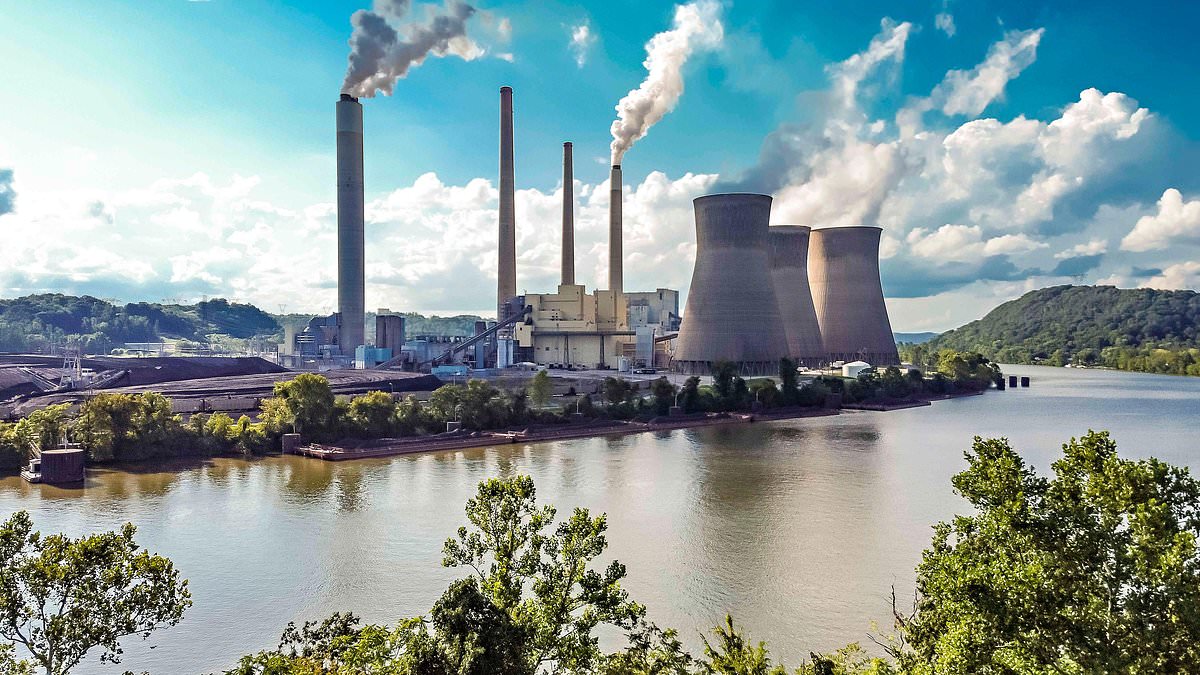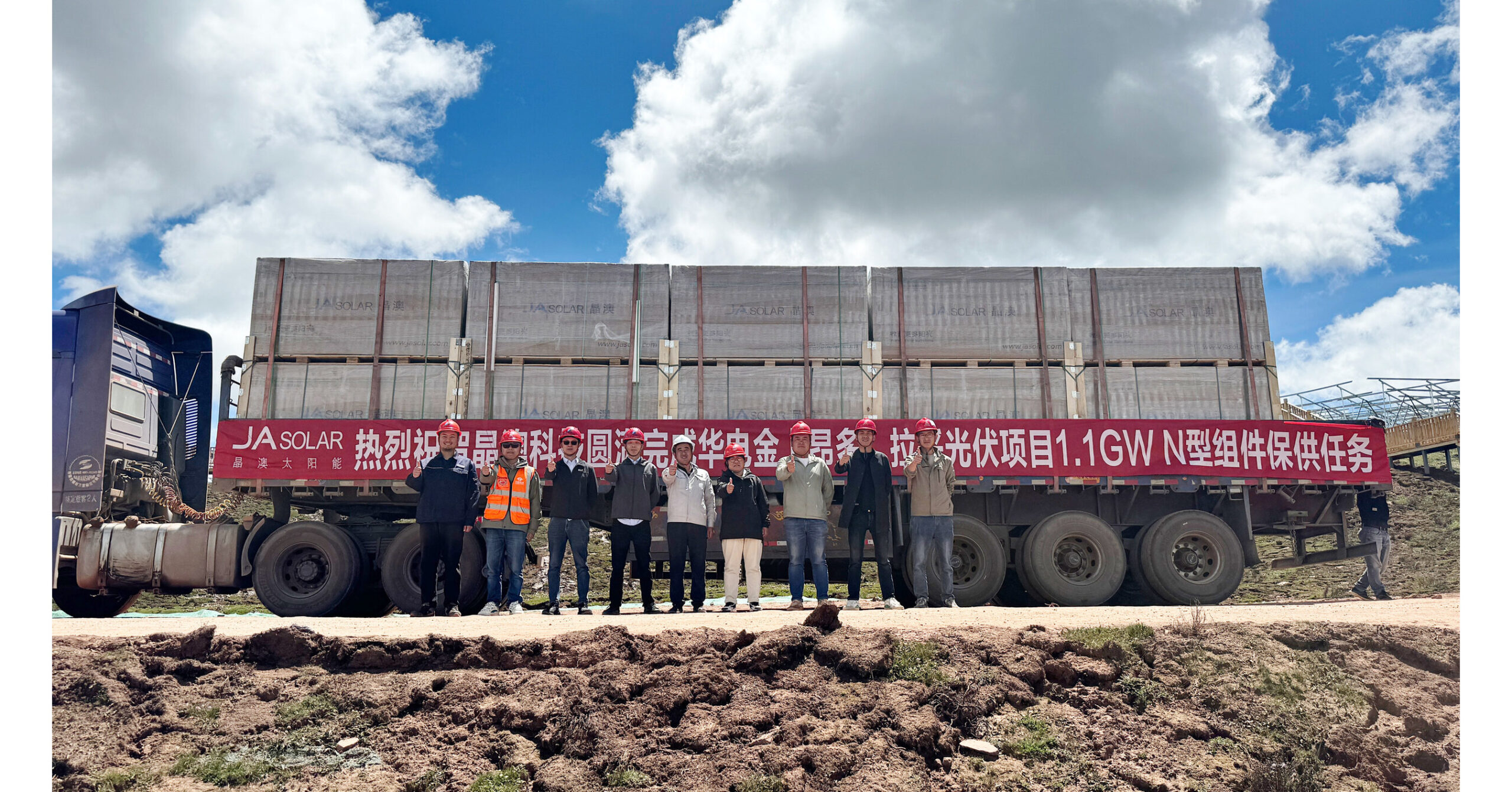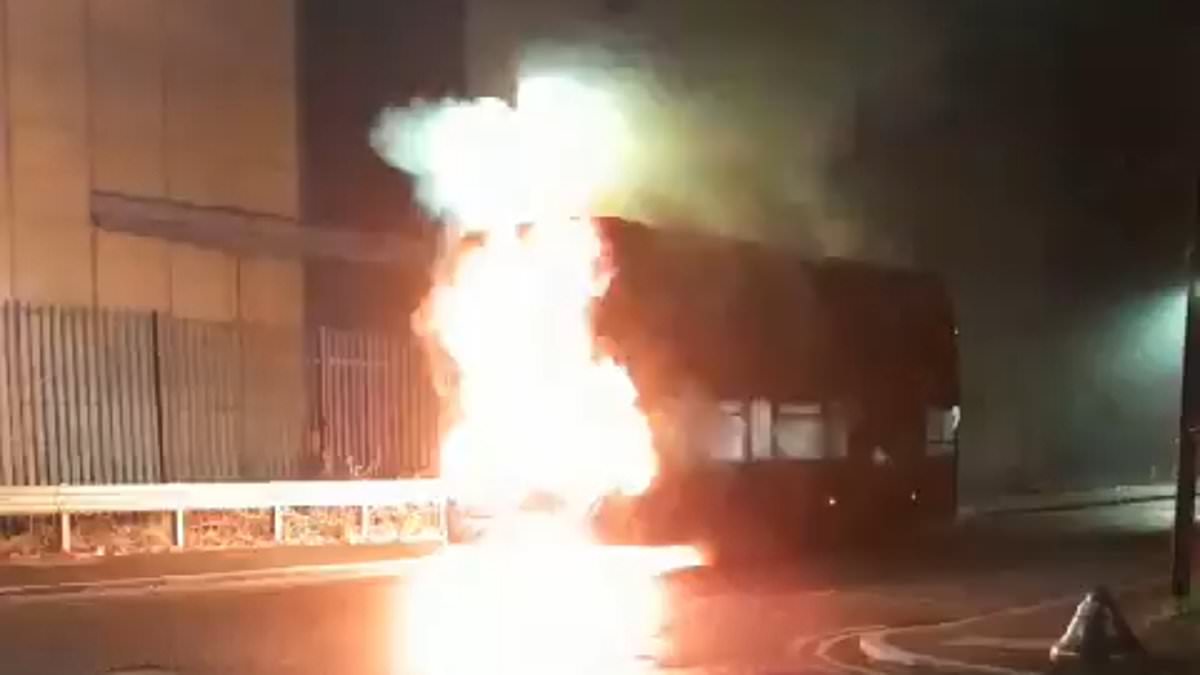West Virginia’s governor, Republican Jim Justice, has vetoed HB 5228, a bill aimed at expanding solar energy usage in the state. Despite bipartisan support in the House and Senate, Justice expressed concerns that the bill would jeopardize the state’s energy security and harm the coal industry, a cornerstone of West Virginia’s economy.
Coal vs. Solar Energy Debate
Justice’s decision to veto the bill comes amid a heated debate over the future of energy in West Virginia. The state, known for its significant coal reserves, relies heavily on coal-fired plants for electricity generation, with over 90% of its energy coming from coal. However, proponents of renewable energy argue that expanding solar power could lead to economic growth, job creation, and lower electricity costs.
Solar Energy Potential and Economic Benefits
HB 5228 aimed to double the capacity of West Virginia’s solar plants from 50 megawatts (MW) to 100 MW, potentially powering over 17,000 homes. Advocates of the bill highlighted the economic benefits, including job creation and lower electricity costs. However, Justice raised concerns that shifting away from coal could lead to job losses and higher energy bills for consumers.
Governor’s Business Interests and Renewable Energy Initiatives
Despite his stance on solar energy, Justice has supported other renewable energy initiatives in the state. Projects like the Form Energy iron air battery factory and the Mountaineer GigaSystem data centers demonstrate a willingness to embrace alternative energy sources. However, Justice remains cautious about initiatives that could harm the coal industry or raise energy costs for consumers.
Environmental and Economic Considerations
The debate over coal vs. solar energy extends beyond economic factors. Coal-fired plants are significant contributors to air pollution and greenhouse gas emissions, with coal mines posing environmental risks such as groundwater contamination. Transitioning to renewable energy sources like solar could mitigate these environmental concerns while promoting cleaner and more sustainable energy practices.
Conclusion: Balancing Energy Priorities
The veto of HB 5228 reflects the ongoing tension between traditional fossil fuels and renewable energy in West Virginia. While the state’s coal industry remains a vital economic driver, there is growing recognition of the environmental and economic benefits of transitioning to cleaner energy sources like solar. Moving forward, policymakers must navigate these competing interests to ensure a balanced and sustainable energy future for West Virginia.
Source:dailymail.co.uk





